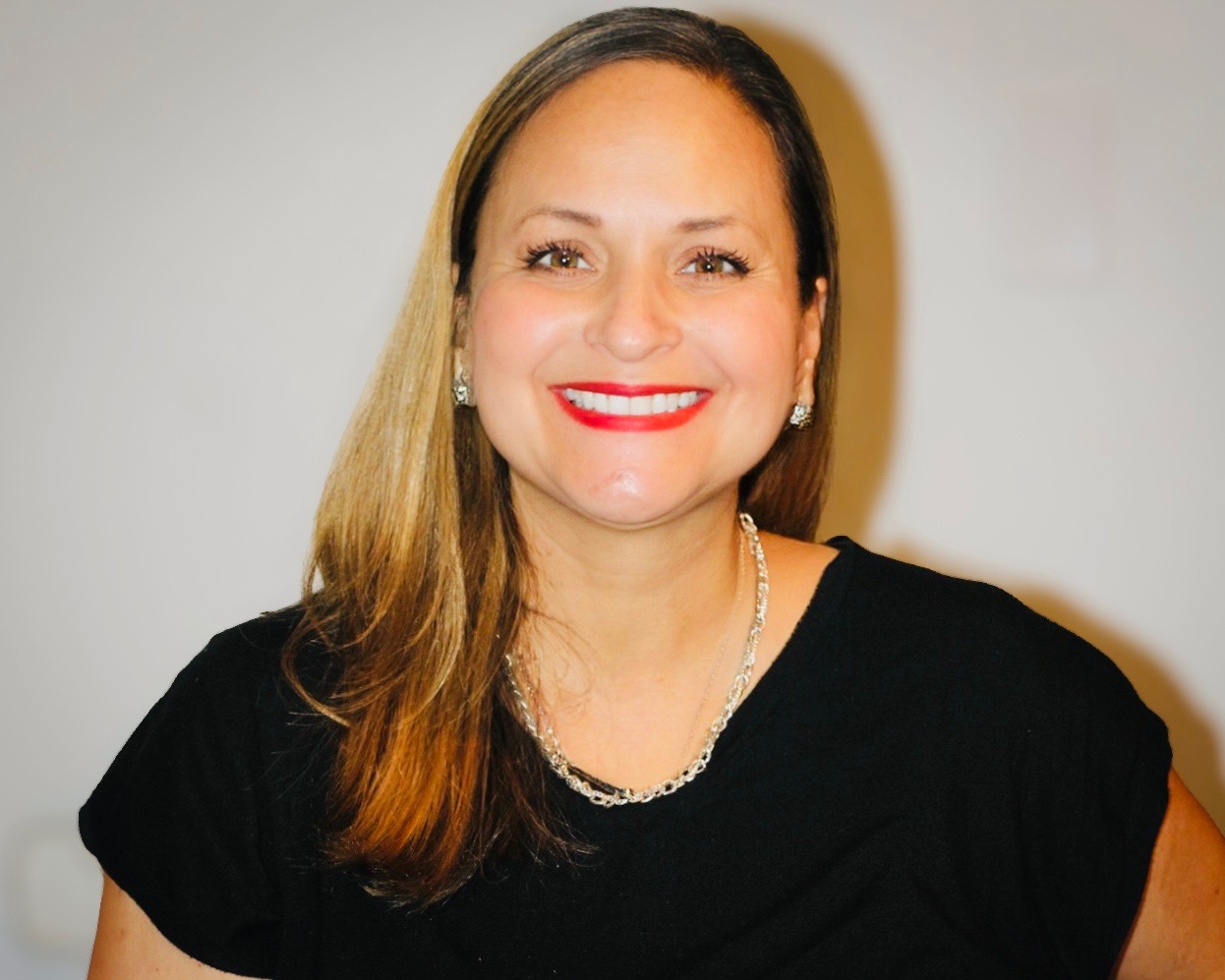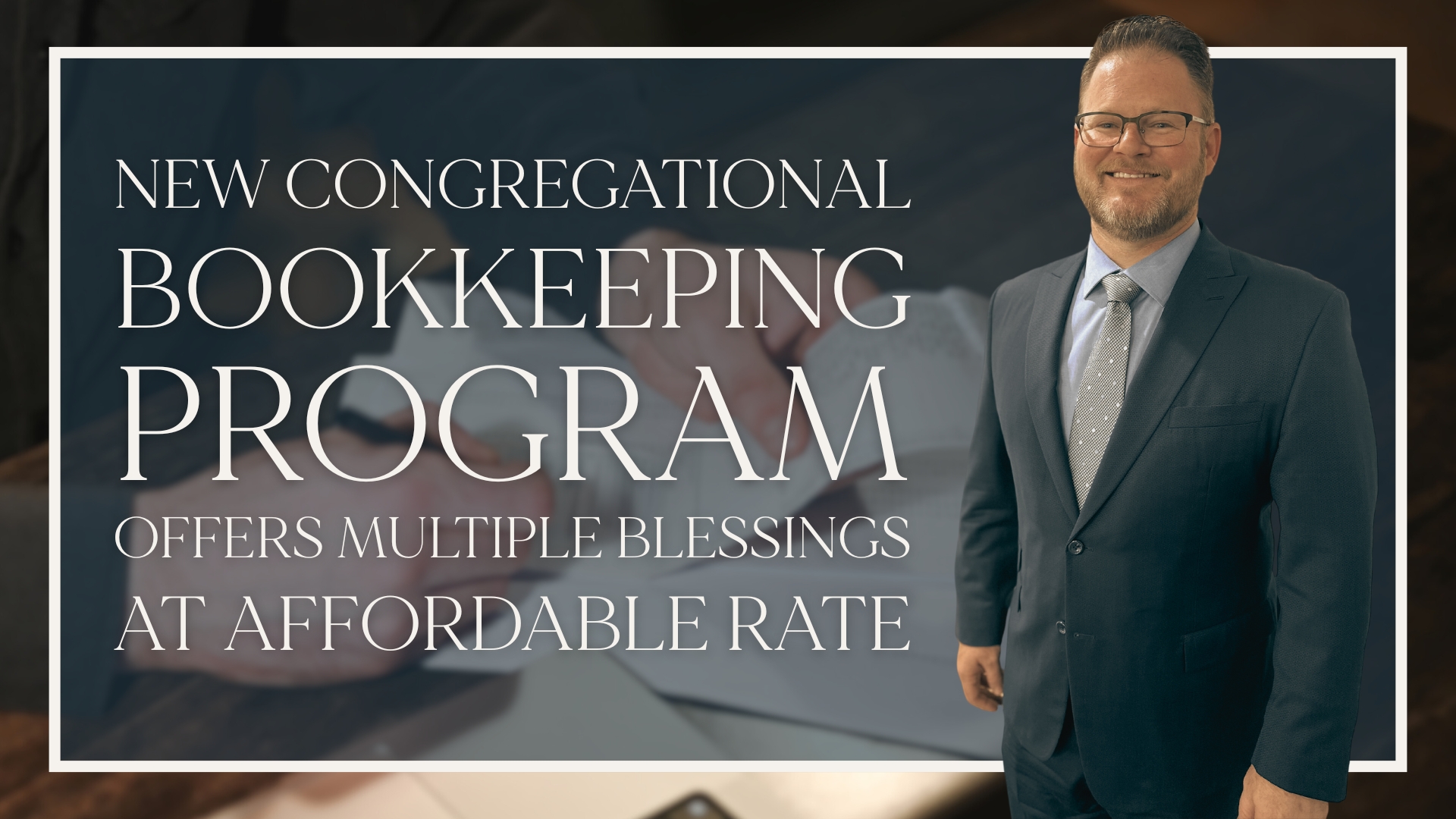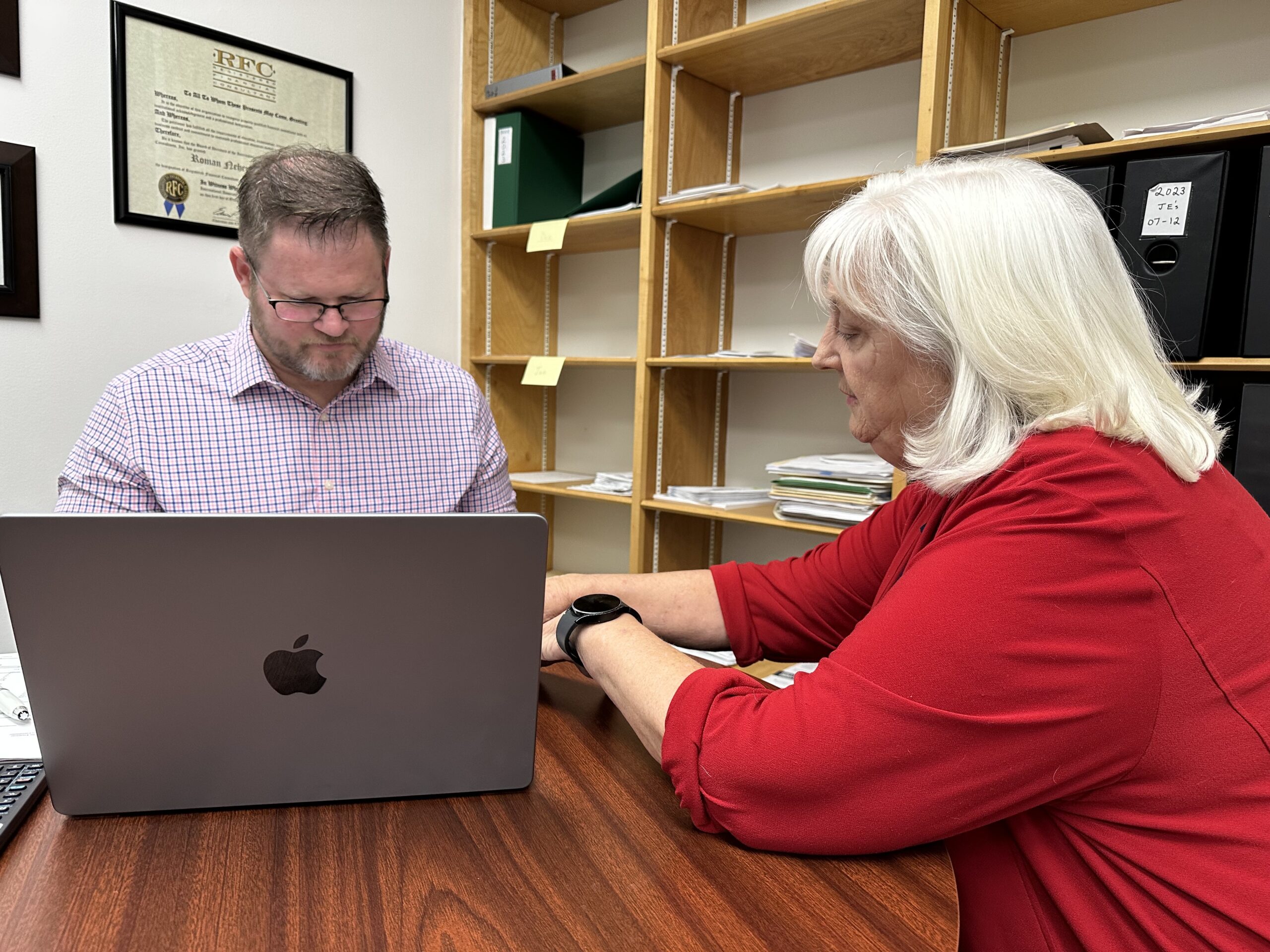The Episcopal Diocese of Central Florida has seen its 2025 theme, “For the churches, for the gospel,” play out in numerous ways. Perhaps the newest of these comes in what may be an unexpected area. Diocesan CFO Roman Franklin has, over the past several months, taken a need expressed by numerous churches and created a valuable service for congregations of any size: a congregational bookkeeping program.
Meeting Churches’ Needs
Franklin has learned that churches meet their accounting needs by various means. “For some, their solution is a volunteer member of the church who provides bookkeeping services,” he said. “You have some that have a paid employee, and some that use an outsourced service where they pay accounting professionals to do this work.
“There are potential issues with all of those solutions,” he continued. “An accounting professional in a secular setting retires, passes away, decides to change their client base – and for whatever reason, no longer services the church. You have paid employees of the church that transition and move on to something else: they retire, they relocate. And the same thing happens with volunteer church members who are doing the bookkeeping. I wanted to create a service through the diocese that is a more sustainable solution that serves the churches, and to do so at a slightly discounted rate to what the secular market would charge.”
The congregational bookkeeping program offers comprehensive financial support for congregations, including invoice management, payroll processing, tax and benefits administration, management of monthly and yearly period close procedures (financial statements, documentation packages), preparation of the financial portion of the annual Parochial Report and support for the canonically required annual audit.
The rate for the program varies with the individual church situation and need but is based on the church’s normal annual expenses and is designed to cost less than the secular market rate, Franklin said. “It’s worth noting that our goal is to establish a cost that covers the expenses of administering this program while accounting for a church’s ability to pay and the amount of work that will be performed,” he added.
Under his supervision, the diocese currently employs two financial professionals: Ms. Martha Griggs, former director of finance at Canterbury Retreat & Conference Center, and Ms. Lourdes Thrash. The two have combined experience of nearly 25 years in nonprofit-related accounting, with combined accounting experience of more than 40 years overall.
“I love working with churches because they tend to be so appreciative of any help they are given,” Griggs said. “I’ve worked with churches that are already set up, and I’ve worked with churches that need a complete revamp of their accounting. I find it very rewarding to help them learn how best to report their finances and to realize areas they need help with.”

Ms. Lourdes Thrash is a valuable member of Diocesan CFO Roman Franklin’s team, providing both financial services to the diocese and interpretation during meetings with the Latino Ministries Commission. | Photo: ROMAN FRANKLIN
Thrash has the additional flexibility of being fluent in both Spanish and English. “It’s great that, especially on a subject that is quite technical, we have Lourdes to bridge what might be a communication barrier with some of our Spanish-speaking churches and leaders,” Franklin said.
“I am very happy to work with the Episcopal Diocese of Central Florida and assist in the preparation of financial reports and budgets,” Thrash said. “I think it is very important for any organization to have reliable financial information to make decisions for operations and growth.”
Benefits and Blessings
Franklin believes churches who use this new program will benefit in several ways. “It’s going to be cost-effective, No. 1,” he said. “In addition, it will be performed within our canonical requirements, so churches can have confidence in the quality of the work that’s being produced, with the added knowledge that we understand the nuances of The Episcopal Church.” Of providing accounting information for the annual audits required of churches every year, Franklin said diocesan involvement should give congregational leaders “great confidence in the way the financial statements are being prepared.”
Still another benefit he noted is the strengthening of the parish-diocese relationship. “When we begin working with a church on a regular basis, it creates a deeper relationship with the diocese,” Franklin said. “For churches that were not engaging with the diocese but a handful of times per year, there’s now engagement with leaders, senior wardens, treasurers and rectors on a monthly basis as a result of this service. Relationship-building gives those leaders access to resources from the diocese in terms of questions and answers, wisdom and guidance. The regular monthly calls to discuss the financials that are produced in advance of a vestry meeting creates a platform for that engagement on a recurring basis that may be more difficult to utilize if you don’t have that type of established relationship.”
Franklin and his staff are not alone in seeing the advantages of the new program. “When I first became the rector at Incarnation, Oviedo, several trusted ministry friends from other denominations encouraged me to check out a company that specialized in assisting smaller churches with administrative tasks,” said the Rev. Josh Bales. “After looking into it, I realized we simply did not need all of the services they provided, and thus the expense for retaining them didn’t make sense for us.
“Around that same time, Roman Franklin from the diocesan office let us know that he was launching a bookkeeping program for churches like ours,” he continued. “We jumped on board as soon as it was available, and we haven’t looked back. Martha Griggs, who handles our books, is not only fun and easy to work with, but she brings many years of bookkeeping experience from an Episcopal context. This is a huge blessing for us.”
Despite her initial reluctance about paying for a service that church volunteers had historically covered, the Rev. Kay Mueller, rector of Church of Our Saviour, Okeechobee, agrees that the diocesan bookkeeping program has been “a real blessing” to her church.
“Church bookkeeping is a part-time position that requires full-time attention, and once our most recent volunteer treasurer resigned, we had no one who could take on these tasks,” she said. “When Roman contacted me and outlined the program and what it would offer, I was very interested. Originally, it seemed somewhat cost-prohibitive for a small parish, but I realized right away that it was a great service. He worked with me on a price that made sense for a congregation of our size.
“We approached this prayerfully, and I told the vestry, which has the fiduciary responsibility of managing the operational side of the church, that this program would provide a more extensive picture of the financial health of our church,” Mueller explained. Challenging vestry members to pray about the need, she also asked them to consider giving beyond their tithe to help offset the cost. “The people rose to the occasion, and we’re all pleased,” she said. “It’s been a double blessing, providing convenience in handling complex financial matters and allowing us to be better stewards of what the Lord has given us.
“The interaction between our office at the parish level and the diocese has been great; there’s great rapport and open lines of communication,” she added. “Overall, the bookkeeping program gives the vestry an accurate picture with the information they need to assist them in making wise decisions. This takes a lot of the burden off of anyone at the parish level.”
For the Churches, for the Gospel
But the greatest benefit Mueller sees to the new system is that it allows her and her church members to focus less on financial details and more on the work of the ministry. “The bookkeeping program allows us to spend more of our time doing what we need to do: getting the gospel out to the people in our community,” she explained. “It gives us more time to focus on proclaiming the Word and meeting the needs of God’s people.”
She highly recommends that rectors and vestry members or other church leaders take time to discuss the new diocesan bookkeeping program with Franklin. “This is a fantastic opportunity, and it’s a great ministry to offer from the diocesan level to the churches,” she said.
Church leaders interested in learning more about the new program and how it might add value for their congregation may contact Franklin by email, rfranklin@cfdiocese.org, or phone, 407-423-3567 x305.


